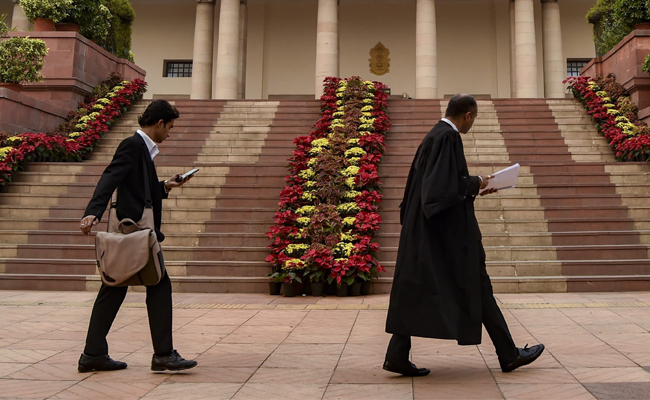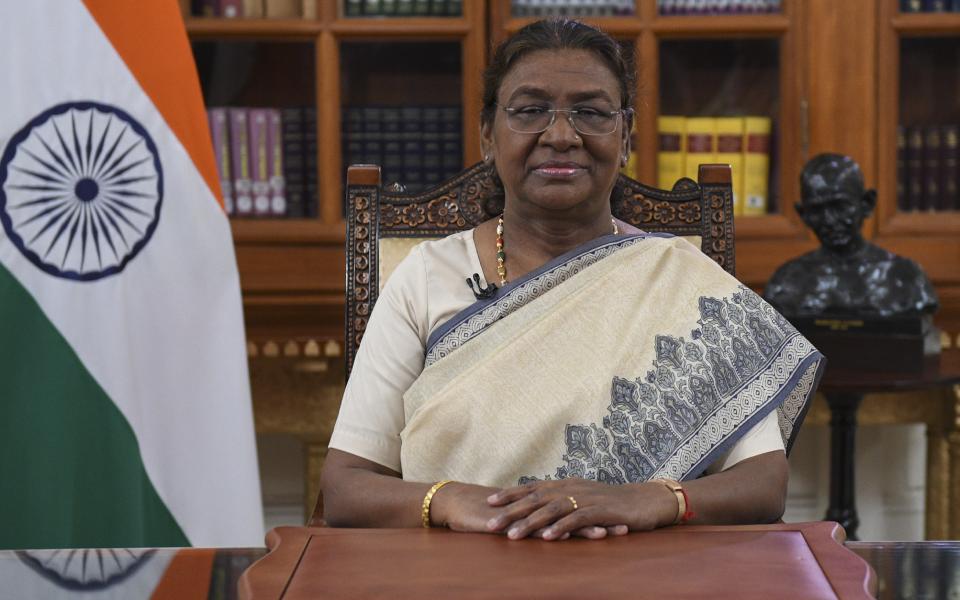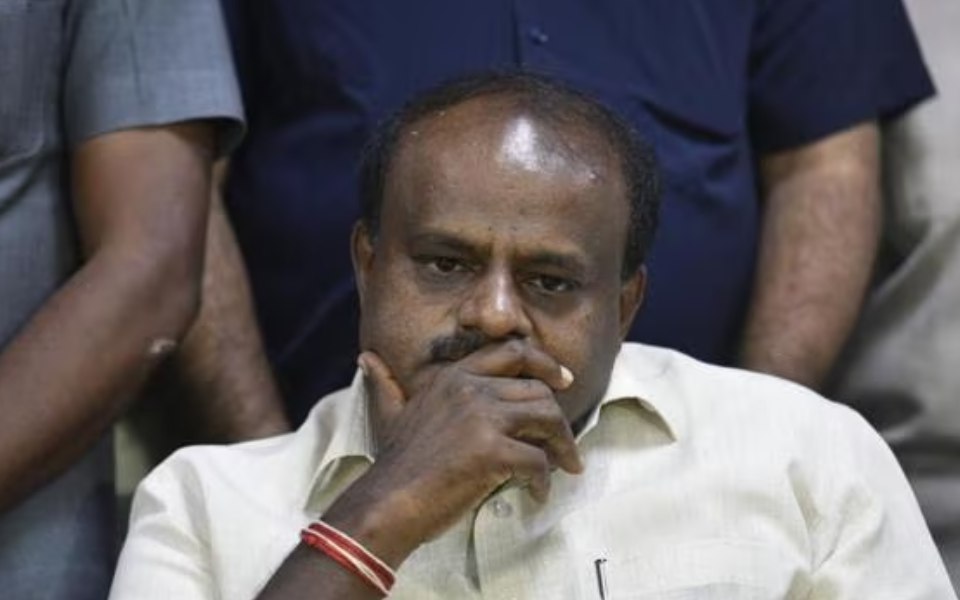Bengaluru: Fresh law graduates from non-premier colleges in Bengaluru are grappling with financial challenges and intense workloads, especially those entering litigation. Many report working 12 to 16 hours a day for monthly salaries ranging between ₹10,000 and ₹20,000.
Navyatha V., a graduate from a law college in South Bengaluru, shared her struggles as a junior advocate under a Supreme Court lawyer. “I work 12 to 14 hours daily, traveling between courts and handling extensive tasks, yet I earn ₹12,000 a month. Without this experience, transitioning to corporate law is tough, especially for graduates from non-premier institutions,” she explained.
Unlike other fields, most law colleges lack structured placement systems, making it difficult for students to secure corporate roles. Additionally, internships under senior advocates often provide little financial relief.
Professor N. Sathish Gowda from University Law College argued that law schools should not focus on placements, likening legal education to medical training. He noted, “Around 70% of our students pursue litigation, which includes branches like banking, property, and family law, due to increasing opportunities.”
Assistant Professor Roopa S. of BMS College of Law pointed out disparities among students from private universities, deemed universities, and colleges affiliated with Karnataka State Law University (KSLU). She explained that KSLU-affiliated students are limited to internships during vacations, often lasting only two weeks, making it harder to develop the skills corporate firms demand.
Despite these challenges, professors encourage perseverance, highlighting that dedicated practice during the initial five years can lead to better opportunities and higher earnings. Gowda noted that experienced advocates can earn anywhere between ₹30,000 to ₹10 lakh per month.
Admissions to law colleges in Bengaluru remain unaffected, with institutions like University Law College receiving 600 to 800 applications for 60 seats annually.
Let the Truth be known. If you read VB and like VB, please be a VB Supporter and Help us deliver the Truth to one and all.
Mathura(UP), Apr 5 (PTI): A retired Army colonel from Haryana has filed a police complaint here, alleging that he was held hostage, assaulted, looted and forced to participate in an "obscene video" at gunpoint with a woman he met through a matrimonial website, police said on Saturday.
The woman from Mathura, who was allegedly in on the plan to rob him, was working with other accomplices, the ex-armyman said in his complaint filed on Thursday.
According to Barsana Station House Officer (SHO) Raj Kamal Singh, Colonel Rajneesh Soni (retired), a resident of Gurugram, reported that he was contacted by a woman from Barsana on a matrimonial website in January. The woman allegedly agreed to marry him, and they began communicating.
The woman allegedly persuaded the colonel to visit Barsana on January 25, requesting that he visit the Radharani temple. When he arrived, she arranged for his stay at a guest house and took him on a tour of the area, including a visit to the temple, the complainant said.
After returning to the guest house, the woman and her accomplices allegedly told the colonel that her brother had been involved in an accident and they needed to leave immediately. They then led him to a waiting car.
"Once outside the town limits, the colonel alleges that he was attacked by the occupants of the car. They seized his phone, physically assaulted him, and forced him to contact relatives and friends to transfer money," the SHO said.
"He was then taken back to the guest house, where he was allegedly forced to participate in obscene videos and photographs at gunpoint. He was threatened that the videos would be made public if he reported the incident," the officer said.
The colonel has alleged that his purse, bag, gold chain, debit card and Rs. 12,000 in cash were stolen from the guest house.
After an unsuccessful attempt at locating the perpetrators himself, the colonel finally reported the incident to the Barsana police two days ago, he said.
"A case has been registered under relevant sections of the BNS and all facts are being investigated. Further action will be taken as per facts found in the investigation," the SHO said.





